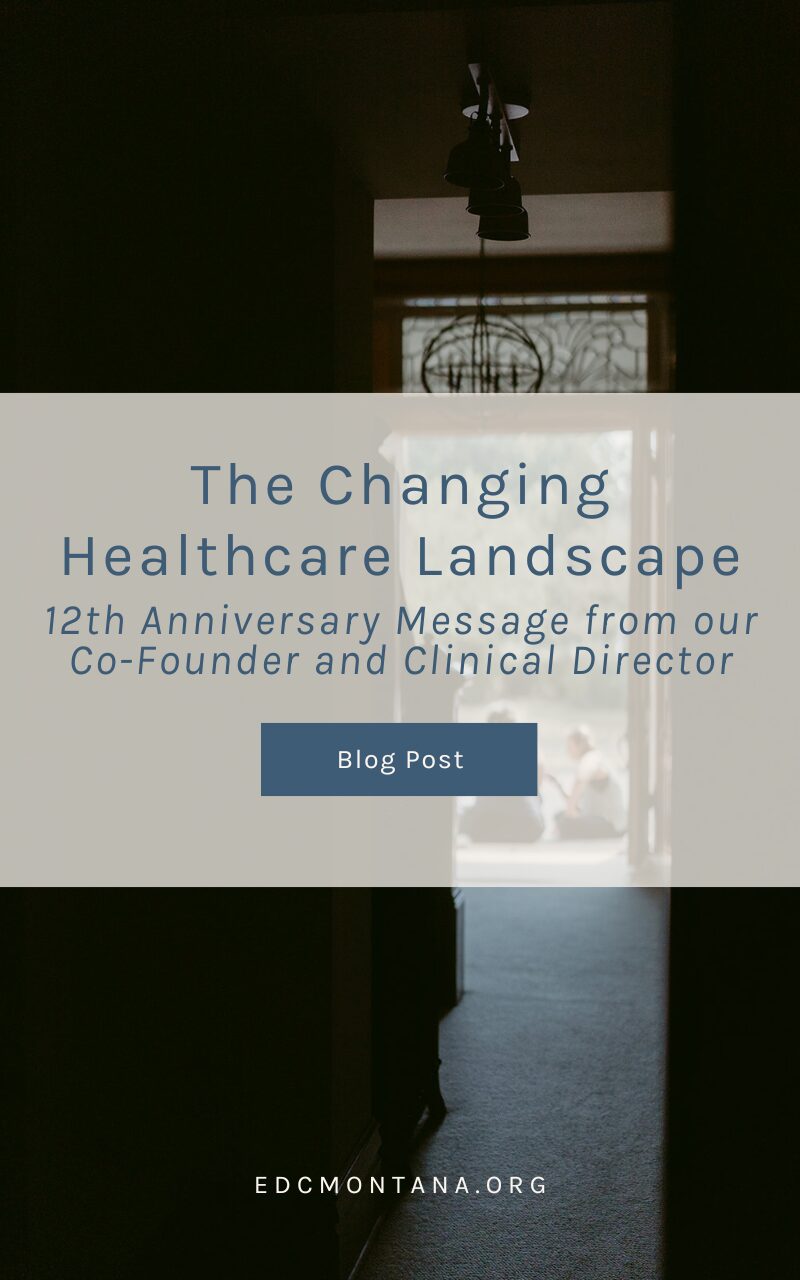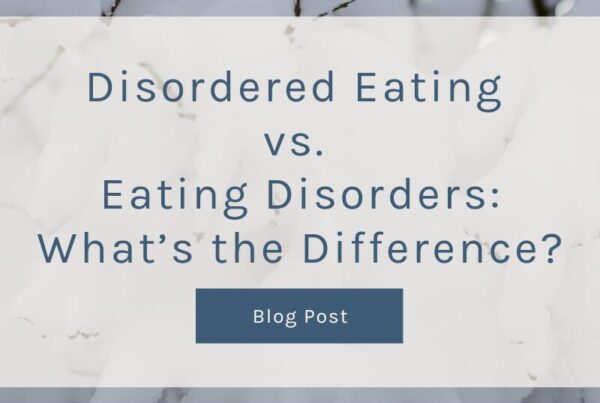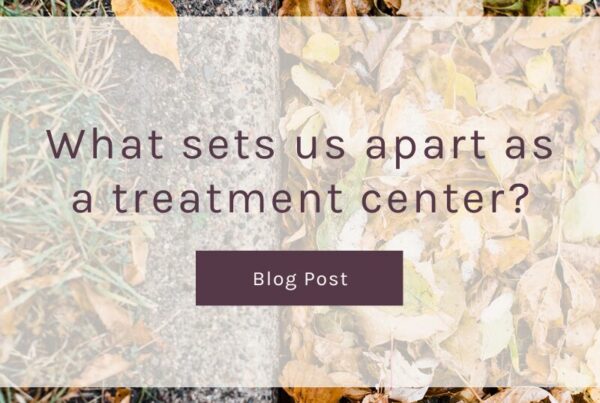
As we mark our 12th anniversary of providing higher levels of care for eating disorders in Montana, we pause to reflect on how much the healthcare landscape has changed—and continues to change—around us.
When we first opened our doors in 2013, only 5% of Americans had access to higher levels of care for eating disorders. That number is even lower for those in marginalized and rural communities. From the beginning, we knew that building a treatment center in Montana would be about more than just offering services—it would be about creating access where there was little to none.
Shortly after we began, the Affordable Care Act (ACA) transformed the healthcare system, eliminating exclusions for preexisting conditions and opening the door to coverage for many who had long been left out. This shift allowed more individuals to seek care, and we saw a proliferation of treatment centers across the country—many of them acquired by private equity firms, shifting the ethos of treatment from community-driven care to corporate healthcare.
Then came the COVID-19 pandemic, bringing another seismic shift. Virtual care became essential—and in some cases, a lifeline—particularly for rural communities. At EDCMT, we responded by offering virtual IOP options while continuing to center our mission around personalized, in-person care in our outpatient, IOP and PHP programs.
Despite these changes, enormous gaps in access remain. For example, Montana Medicaid does not cover medical nutrition counseling for adults over 20. Nationally, only one hospital-based program accepts Montana Medicaid for inpatient eating disorder treatment, and the DPHHS does not offer coverage for IOP and PHP programs for eating disorders. The reality is stark: even for those with insurance, meaningful access to care is often out of reach.
Another growing barrier is the rising cost burden for patients. High deductibles and out-of-pocket expenses now commonly preclude average income earners from accessing the treatment they need.
At EDCMT, our mission-driven approach has always been focused on reducing barriers—not increasing them. As we move forward with our nonprofit conversion, we are setting our sights on how to diminish costs, expand access, and treat to outcome. One way we’re doing this right now is by offering free housing to patients from out of town or those needing transitional support—ensuring they can fully engage in treatment for the duration needed to successfully recover.
In an industry that is often costly—for families and for insurers—we remain dedicated to being part of the solution.
Thank you for being a part of this journey. Whether you’ve referred to us, been treated by us, collaborated with us, or simply believed in our work, we are deeply grateful. Here’s to 12 years of service—and to the work still ahead.
Warmly,
Jeni Gochin, LMFT, LCPC, CEDS
Co-Founder & Clinical Director




